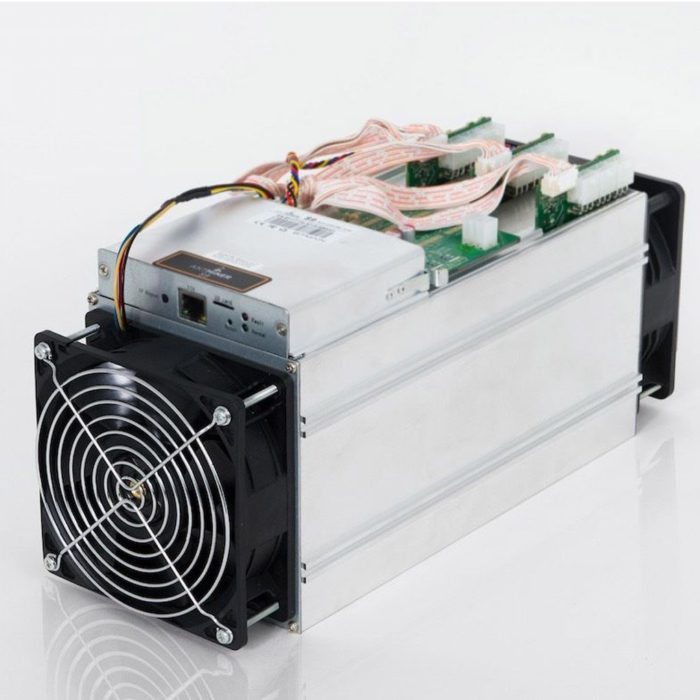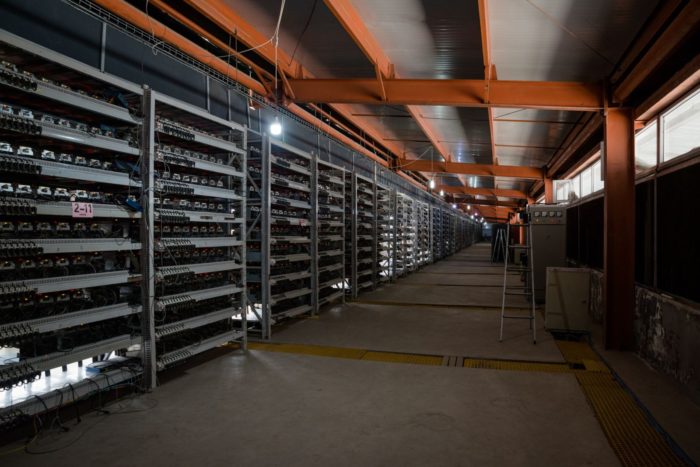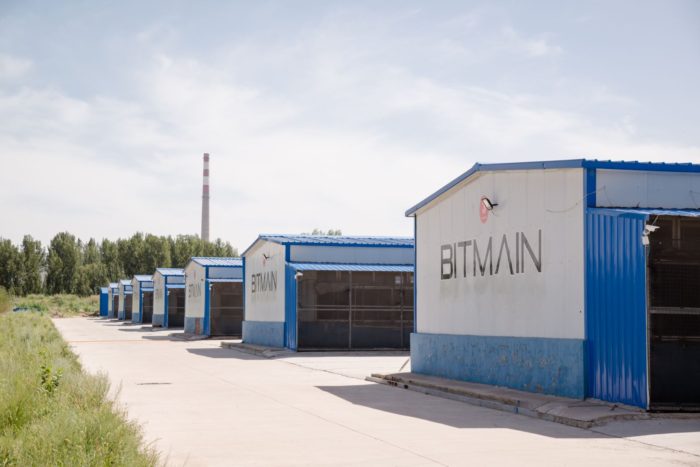Cryptocurrencies are the hot topic at the moment and many are trying to get their fair share of the profits. Mining cryptocurrencies, such as bitcoins, has become a lucrative business, since the blockchain technology on which they are built on require a verification of transaction through a network of people, or, miners.

In theory, anyone can become a miner, one can even get their own “Do It Yourself” starter kit on amazon.
Since miners who manage to verify a transaction gain a share of the transferred value, many have started to seek these profits, and competition has made mines bigger, more powerful and more energy consuming. The idea of the blockchain and a shared ledger being something where anyone can be a verifier of a transaction is thus shifting to a direction where big mines drive smaller out of the competition. The question revolves to a large extent around the amount of energy needed for a transaction.
”36 000 kettles of boiled water”
The Geneva Graduate Institute hosted a discussion on bitcoins on the 11th of December to give answers to most common questions, such as what is Bitcoin (the system) and bitcoin (the thing),is it money and what are the commodity aspects related to it. The talk by Alexandre Swoboda also brought up some limitations and risks to crypto currency mines, one of them being the amount of energy needed to verify transactions and the environmental impacts this brings along. According to Swoboda the electricity needed to verify one transactions equals the 8 day energy consumption of an average US family.
The aspect of energy consumption in the field of cryptocurrencies is gaining more an more attention and criticism. Bitcoin mines consume vast amounts of electricity to power and cool the servers, and are therefore responsible for the emission of significant amounts of CO2. Sounds like very traditional problems related to mining operations. (For example open pit coal mines use enormous amount of water to tie the coal dust and prevent it from floating into the surrounding regions.)
Each individual bitcoin transaction uses almost 300KWh of electricity – enough to boil around 36,000 kettles full of water.Another reference point for this is Visa’s two US data centres, which apparently run on about 2% of the power required by bitcoin. Another comparison shows the bitcoin network is consuming power at an annual rate of 32TWh—about as much as Denmark. The average American household consumes 901 KWh per month, each Bitcoin transfer would be enough energy to run a comfortable house, and everything in it, for nearly a week.
This is the scale of energy consumption needed when dealing with bitcoins, and below are some images that give an idea of the size the actual mines.


One of the world’s largest bitcoin mines, Bitmain, is located in the SanShangLiang industrial park on the outskirts of the city of Ordos, in Inner Mongolia, an autonomous region that’s part of China. It’s 400 miles from China’s capital, Beijing. The place houses mining machines that perform billions of calculations per second to try and crack the cryptographic puzzle that yields new bitcoins, and contribute to the block chains. Bitcoin mining consumes enormous amounts of electricity, which is why miners seek out locations that offer cheap energy. The Ordos mine was set up in 2014, making it China’s oldest large-scale bitcoin mining facility. It’s powered by electricity mostly from coal-fired power plants. Its daily electricity bill amounts to $39,000, according to and article by Quartz: this would most likely make bitcoin mines an attractive client to any energy company.
So the questions of energy, how this energy is produced and what are the environmental impacts, remain ever so pressing when discussing mining in the context of bitcoins and other cryptocurrencies. Though admittedly the exact amount of the energy consumption for mining bitcoins is debatable, some have started to ask, is it worth it? The environmental costs are creasing alongside the mining getting more competitive. Some say the gigantic amounts of energy needed to mine bitcoins is one reason why it will end up being a bubble (a popular recent debate). In case this turns out to be true and the bubble bursts, what will happen? Some say the crypto millionaires will pay the highest costs, and governments will take over the regulation of crypto-currencies.
Not what Nakamoto had in mind when creating a decentralized crypto-currency.
Sources:
https://arstechnica.com/tech-policy/2017/12/bitcoins-insane-energy-consumption-explained/
https://www.theguardian.com/technology/2017/nov/27/bitcoin-mining-consumes-electricity-ireland
https://qz.com/1055126/photos-china-has-one-of-worlds-largest-bitcoin-mines/
http://www.wired.co.uk/article/how-much-energy-does-bitcoin-mining-really-use
http://www.wired.co.uk/article/what-happens-when-the-bitcoin-bubble-pops